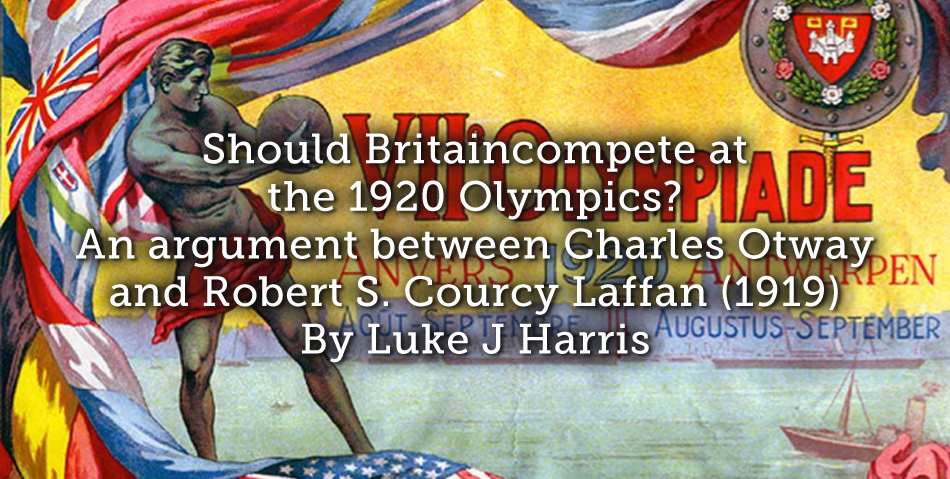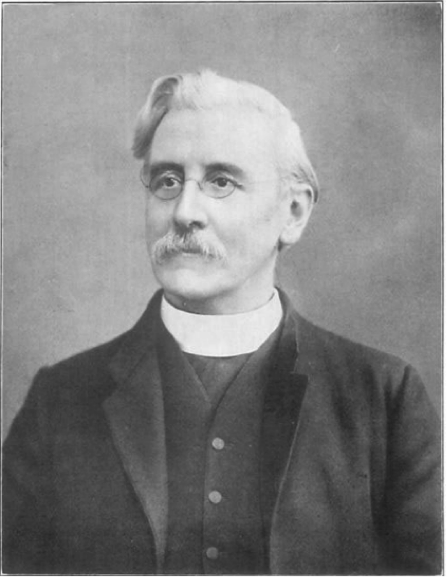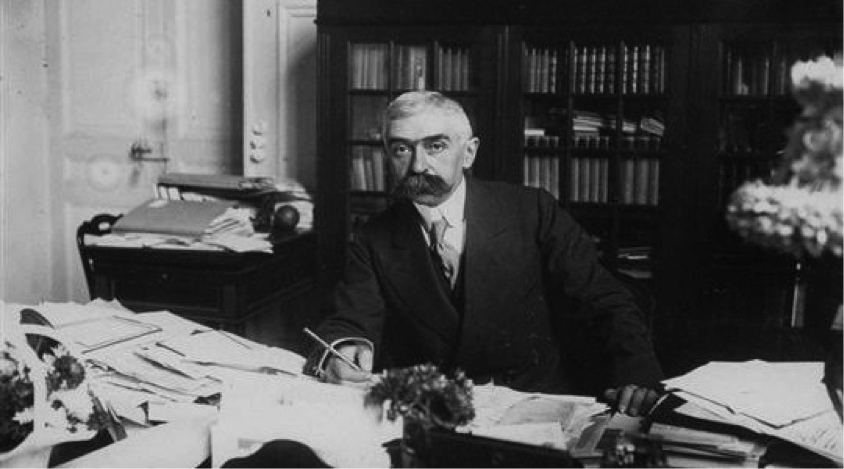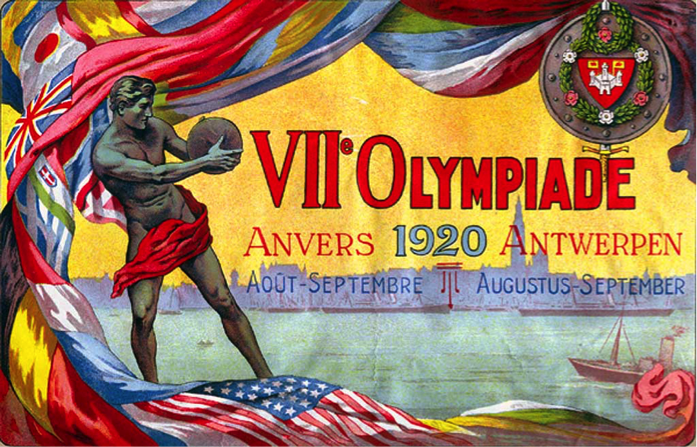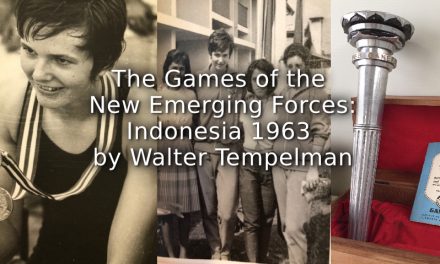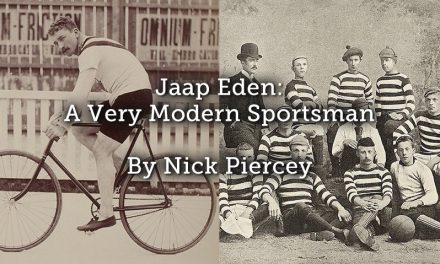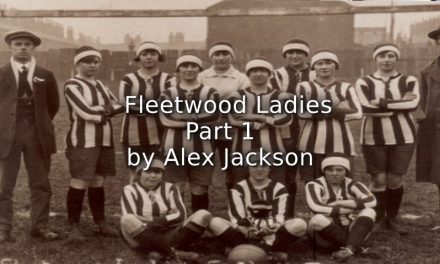On April 5 1919, the International Olympic Committee (IOC) determined that Antwerp in Belgium would host the Seventh Olympic Games, which would take place during the summer of 1920. This was a decision that encountered considerable opposition within the British sporting press, many of whom were against the Olympics recommencement less than two years after the end of The Great War. This article will examine some of the arguments upon this subject, primarily that between The Sporting Life’s Charles Otway and British Olympic Committee (BOC) member Robert S. Courcy Laffan.
The verdict from the British press was that the nation was in no condition to compete. The war had left many sporting facilities abandoned and in disrepair, while there was a lack of money to restore them to their former glories to prepare the nations athletes. Quality athletes to compete was also an issue; many notable Olympians had lost their lives in the war and other top performers were now past their best. The preference was to spend what little money there was upon reconstruction, of both facilities and to ‘develop Olympic Champions’. There were also fears that Belgium would not be prepared, having spent four years under harsh German occupation. The Athletic News argued that nations who had fought in the war should determine when the Olympics recommenced and not the ‘self-constitutional authority’ of the IOC.
Despite these concerns, the desire from the athletes and sporting authorities of Britain was to compete. A prime example of the sentiment expressed came from the Northern Counties Athletic Association. It believed it was ‘impossible to contemplate that the nation which had led the way in the development of modern sport should hold permanently aloof from other nations in this great field of human energy.’[i] This was a perspective that did not please Charles Otway, Honorary Secretary of the National Cross Country Union and outspoken columnist of The Sporting Life, whose editorials pitted him as an opponent of the BOC.
Otway believed the argument that non-participation would discredit the nation had ‘worn a little thin;’[ii] his concern was that the British team would be totally unprepared and the ‘disaster’ of the 1912 Olympics, (where Britain had won just 10 gold medals) would be repeated. His thoughts upon the BOC were exemplified in October 1919, when he described the Council as ‘secretive’, ‘closed’ and ‘out of touch’ with the general sporting population. He concluded that the council was ‘controlled by people who prefer darkness to light.’[iii]
Despite Otway’s reservations which reflected the opinion of many within the press, the BOC remained committed to British participation. In a letter to The Times, IOC member and honorary secretary of the BOC Reverend Robert S. Courcy Laffan appealed to the ‘British world’ to ‘give practical proof their gratitude and admiration towards the heroic Belgian people by doing their utmost to make the Olympic Games of Antwerp a signal and convincing success.’[iv] Otway directly responded to the letter by arguing that support could be conveyed in other ways and efforts should go towards ‘renewing her industrial and agricultural activities, to rehousing her population.’[v]This began a bitter exchange between the two men in the spring of 1919.
Courcy Laffan’s response came in a letter to The Sporting Life in which he explained how the Belgian people and government wanted the Olympics. Otway’s apprehensions about the potential for damaging Britain’s sporting reputation was rebuked with the statement that something more important was at stake in Antwerp:
What is really at stake is the reputation of this country for leadership in the true spirit of chivalrous sport. From this point of view may I put it to British sportsmen that the question is not whether we can score a large number of victories at Antwerp, but whether we are bound in honour to play the game by Belgium as Belgium played the game by us in 1914.[vi]
Britain being a leader in sport had been a longstanding element of national identity, which many firmly believed in. Otway replied by conceding that it would be natural for Belgium to want the Games, although he questioned if ‘the nations of the world were ready to send teams?’ He also worried that Antwerp would not be properly prepared, remarking the Games plans were ‘haphazard’ and in ‘constant flux.’[vii]
- Reverend Robert S. Courcy Laffan
Otway’s editorial continued by insulting IOC President and friend of Courcy Laffan, Pierre de Coubertin, by calling his leadership of the IOC a ‘dictatorship’. He argued that Coubertin shouldn’t be involved in the choosing of future Games locations, but rather ‘a more representative council of sporting governing bodies should make the choice.’ Laffan responded by defending his friend, and the decision to hold the Olympics in 1920.[viii]
- Pierre de Coubertin
The personal nature of this argument became apparent when Otway’s response came not in his (almost) daily column, but in the form of a letter to the editor to The Sporting Life. In this he explained the apparent apathy for the Antwerp Games in Britain, along with his concern for the British performance:
The reputation of this country for leadership in sport depends to a considerable extent on it holding its own against those who main conceivably, and quite rightly, wish to credit their own nations with the credit of leadership. I have never gone back on the opinion that one factor in bringing about the world-war was the idea that Britain was decadent, and that this idea was fostered by our lamentable failures at Stockholm. We cannot afford for merely sentimental reasons to risk another failure at Antwerp.[ix]
These comments yet further demonstrate the importance of Britain being a sporting success to Otway and this ended up being the final exchange between the two. Courcy Laffan didn’t respond and Otway didn’t mention him again until June 1919, when he included quotes from an interview Courcy Laffan did for The New York Sun. The most intriguing of these quotes regarded British participation at Antwerp when he indicated that although Britain had not yet answered ‘yes’ to Belgium, he felt that to answer ‘no’ was ‘impossible’.’[x]
Despite the concerns of Otway and others, the Antwerp Olympics went ahead and Britain competed and did so with success. The facilities in some cases were less than ideal, but 2622 athletes from 29 countries competed in 156 events and the Olympic spirit was rekindled after an eight-year absence. The exchanges between Otway and Courcy Laffan demonstrates the fear of the Olympics not being held in fitting circumstances and Britain’s performance doing the nations sporting identity further damage. Britain’s performances at both the 1908 and 1912 Olympics had shown Britain to be at best second best, but Otway’s comments suggest that success was still crucial to the nation.
Article © Luke J Harris
[i] Outpost, ‘The Annual general meeting of the NCAA’ The Athletic News, 17 March 1919, p 7.
[ii] Charles Otway, ‘Olympic Games: An argument which has worn a little thin. Amateur sport needs’, The Sporting Life, 20 March 1919, p 4.
[iii] Ibid, p 3.
[iv] Robert S De Courcy Laffan, ‘The Olympic Games in Antwerp. To the editor of the Games’. The Times, 14 April 1919, p 5.
[v] Ibid, p 3.
[vi] Ibid, p 7.
[vii] Ibid, p 5.
[viii] Reverend Courcy Laffan, ‘Olympic Games next year at Antwerp’, The Sporting Life, 12 May 1919, p 4.
[ix] Charles Otway, ‘Who wants Olympic Games, letter to the editor of The Sporting Life’, The Sporting Life, 13 May 1919, p 1.
[x] ‘Rev R S De C Laffan and the Olympic Games. Why “yes” was the reply to Belgium’s request, Robert S De C Laffan, ‘To the editor sporting life,’ ‘The Sporting Life’. 4 June 1919, p 3.

